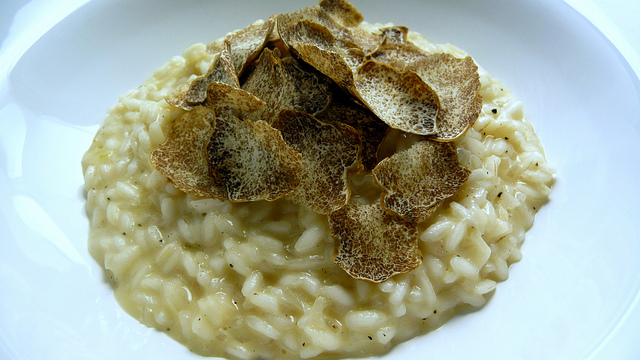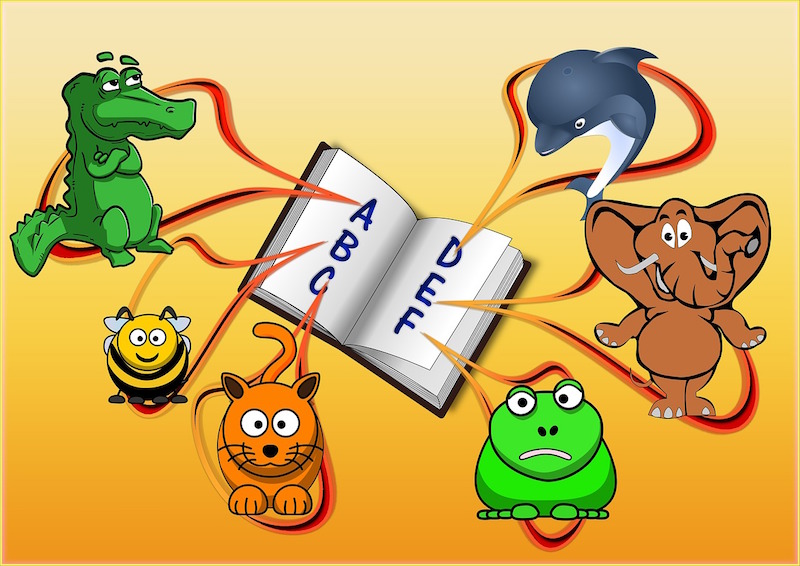Read on to find out all about the use of indefinite pronouns and adjectives in Italian. First things first, what is a pronoun? It is a variable word that can take the place of a noun (person, place or thing). And what is an adjective? It is also a variable word, which can modify a noun. Indefinite pronouns or adjectives indicate, in an unspecified manner, a quality or quantity related to the noun they are replacing or accompanying. Examples of indefinite pronouns in English include some, enough, several, many (these are known as quantifiers); all, both, every (known as universals); and any, anyone, either, neither, nobody (paritives). Here are some examples of indefinite pronouns (pronomi) and adjectives (aggettivi) in Italian:
AGGETTIVI E PRONOMI = nessuno, alcuno, tale qualcosa, certo, ciascuno, altro
SOLO AGGETTIVI = ogni, qualche, qualsiasi, qualunque, qualsivoglia
SOLO PRONOMI = uno, qualcuno, chiunque, niente, nulla
Ciascuno nasce con il suo destino = Everyone is born with their own destiny.
C’è qualcosa che non va = There is something wrong.
Posso fare qualcosa per te? = Can I do something for you?
C’è qualcuno lì? = Is anyone there?
Questi dolci sono squisiti, posso averne qualcun altro? = These cakes are delicious, can I have some more?
Everybody thinks so = Tutti la pensano così.
Get me any newspaper = Prendimi qualsiasi giornale.
Few will understand this movie = Pochi capiranno questo film.
Do you have enough money? = Hai abbastanza denaro?
There is plenty of time = C’è ancora molto tempo.
Some books are boring = Alcuni libri sono noiosi.
The indefinite adjectives nessuno (no one/nobody) and ciascuno (everyone/everybody) can only be singular. When nessuno, niente or nulla (no one/nobody, nothing, none) are used after a verb, “non” must be added to the sentence. Eg: Non ti posso aiutare in nessun modo = There is no way I can help you. In this case posso is the verb.
The undefinite adjectives qualche and alcuni/alcune have the same meaning, but when qualche is used its invariable and always singular. Eg. Qualche parte, in qualche modo, qualche posto, qualche difficoltà, qualche dubbio.
Exercise
Fill in the blanks using the correct pronoun or adjective from this list: qualcosa • troppo • molti •alcune • qualsiasi • qualcuno • poca • ogni
In questa città ci sono . . . . . . . . . . . . . . . . . . stranieri.
La mia amica mangia . . . . . . . . . . . . . . . .frutta e verdura e così gli mancano . . . . . . . . . . . . . .vitamine.
. . . . . . . . . . . . . . . . . . ha visto la mia amica Cristina?
Francesca è sempre in ritardo perché ha . . . . . .da fare con i bambini.
In questa frase c’è . . . . . . . . . . . . . . . . . .che non va.
Fa’ più attenzione: in . . . . . . . . . . . . . . . . . .esercizio ci sono almeno dieci errori!
Vieni pure a trovarmi in un giorno . . . . . . . . . . . . . . ., sono sempre a casa.
Oggi ho guardato. . . . . . . . . . . . . la televisione ed adesso ho mal di testa.
Answers: Molti, poca/alcune, qualcuno, troppo, qualcosa, ogni, qualsiasi, troppo.
By Elisa Bressan



































